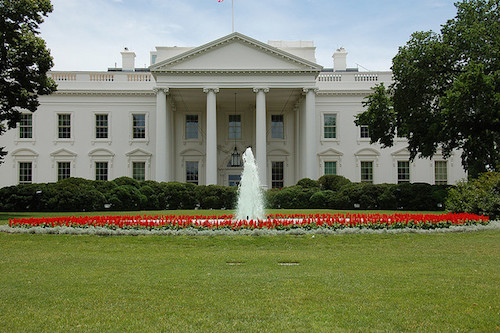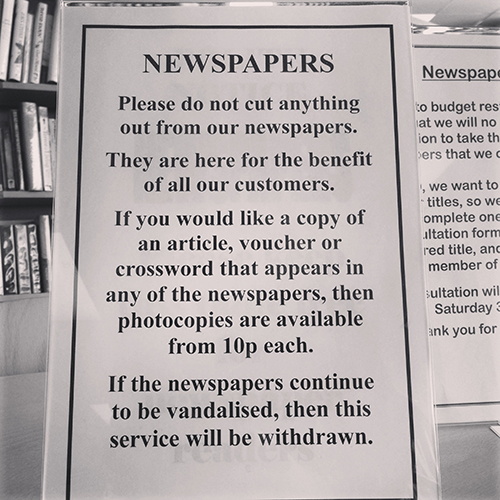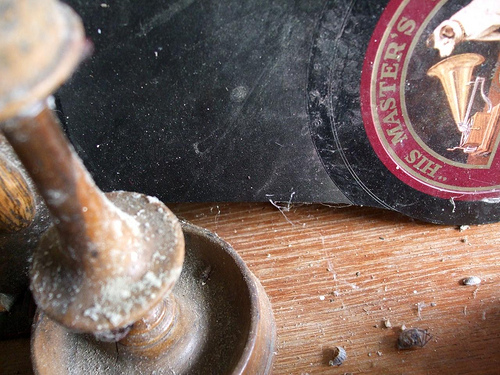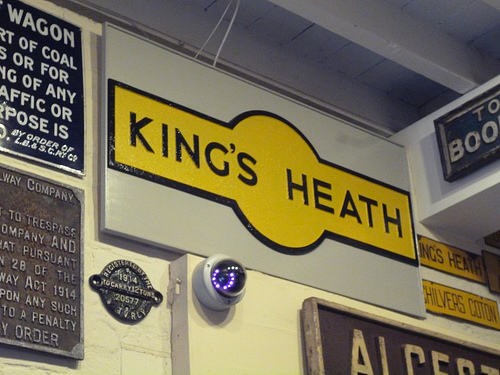
On Tuesday, November 8, 2016 voters in the USA will choose their 45th President. If it’s not Hillary then Hillary will at least be the story, and behind every great woman is a man and behind that man is a song and behind that song is a woman and that woman is from Bearwood, behind which is: Birmingham.
The song that catapulted Bill Clinton to the presidency was Don’t Stop by Fleetwood Mac: a hopeful song forged in adultery, a message between two parts of a powerful professional couple whose careers were intertwined.
Don’t Stop was written by Christine McVie who grew up in Bearwood, the daughter of a concert violinist and music teacher. She studied art in Birmingham and played in bands, getting connected within the music scene. Her own career was going pretty well but it wasn’t until she met and married John McVie, and then joined his band Fleetwood Mac that she really found success in the music industry. Both partners to the marriage found greater success during their period of professional and marital partnership then they had before, peaking with Rumours the album that gave us Don’t Stop – Bill’s election theme – and the tour that preceded the McVie’s divorce.
McVie has said that the song is about her feelings about the break-up of her marriage. As she’d also written another song on the album about how much she was enjoying her affair with Fleetwood Mac’s lighting director, this might seem bastardly behaviour but it was pretty standard in the Mac at the time. Christine, being an honest Brummie type, at least wasn’t as bad as Lyndsay Buckingham whose contemporary practise was to write songs about how he didn’t love Stevie Nicks: and then give them to her to sing. This author likes to cast her in the role of Bill and so we look again at the lyrics, hopeful but also personal, a love letter to Hillary perhaps:
“Don’t stop, thinking about tomorrow,
Don’t stop, it’ll soon be here,
It’ll be, better than before,
Yesterday’s gone, yesterday’s gone.
Don’t you look back,
Don’t you look back.”
What’s next? Hillary in 2016, that’s what.
Image CC Ableman. Fleetwood Mac facts checked by Howard.






